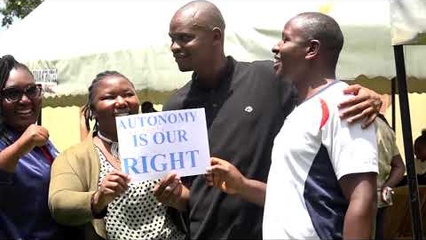What should you do if your child has anger issues? How do you help a child to deal with anger? Does your child have anger issues?
Raising children in our families is a precious and special ministry and of course, we all want to do the best for them, and these questions are among many that concern parents with growing children.
Anger is a normal and useful emotion. It is obvious that all children deal with anger and frustration regularly, but it becomes a serious problem when their anger gets out of control.
There are many reasons for your child to express anger including;
- Feeling anxious and fearful about an issue
- Challenges with bullying in school and schoolwork
- Dealing with growing up in adolescence, which includes hormone changes
- When the child is around family members who are constantly arguing
A good down-to-earth talk is very helpful for the child to understand himself even though it can be hard to know at what point to start talking to your child.
Some of the strongest expressions of anger, sadness, and frustration occur when there are many problems and conflicts in the home. In today’s marriages and families, there is a lot of fighting, separations, divorces, and untimely deaths to deal with. Because of these problems, it is easy for your child to become angry, upset, and withdrawn.
Some children respond positively when you approach them calmly and ask what is bothering them. When they are not willing to open up to you, just let the matter go until later when they are ready to talk.
Many times your child may be fighting or expressing aggression for a reason and by talking to them you get to understand the reason behind the behaviour. Then, you should help them understand that their bad attitude and behavior is not acceptable and may harm others and get them in trouble as well.
Never give up on your child, instead give them space and time to express themselves.
Our digital-aged children are exposed to so much more information than ever before. They consume real-time updates on tragic events, terrorism, and deadly and violent crimes on a large scale. All these events can cause traumatic reactions which include confusion and anger.
ALSO READ:
Nyamira MP hails proposal to merge all bursaries into single kitty
When your child finally decides to open up to you, there are several things you can do to help them including;
- Helping them to calm down by taking slow and deep breaths
- Facilitating them to talk to a trusted person
- Taking them to places they find serene to induce calmness and relaxation
- Encouraging and facilitating their participation in physical activities
Finally, as a parent, do not deny or try to diminish your child’s experience with anger. Denial never helps. When you see the early signs of anger, frustration and sadness in your child, swing into action and assist them to understand and overcome what they are going through.
However, if the expressions of anger go out of hand, you may reach out to these institutions for assistance;
- Mental Health Kenya; 0707-884567
- The Taskforce on Mental Health; 254-20-2717077
- Kamili Organization Mental Health; 0700-327701
By Doris Foxworth Odito
She can be reached via phone – 0722-617404.
You can also follow our social media pages on Twitter: Education News KE and Facebook: Education News Newspaper for timely updates.
>>> Click here to stay up-to-date with trending regional stories
>>> Click here to read more informed opinions on the country’s education landscape






